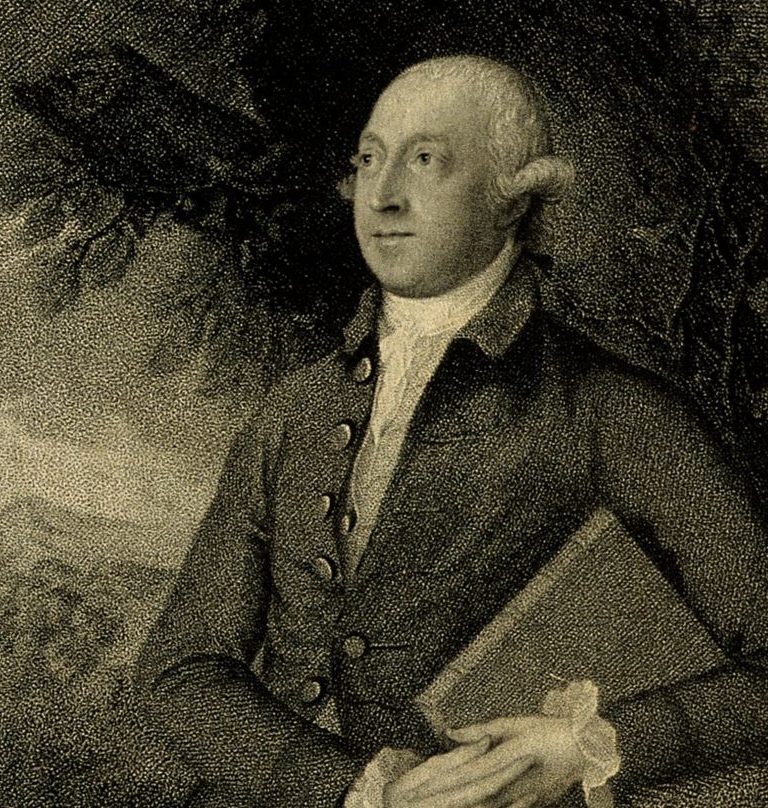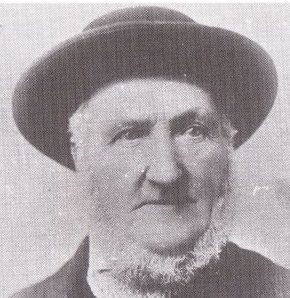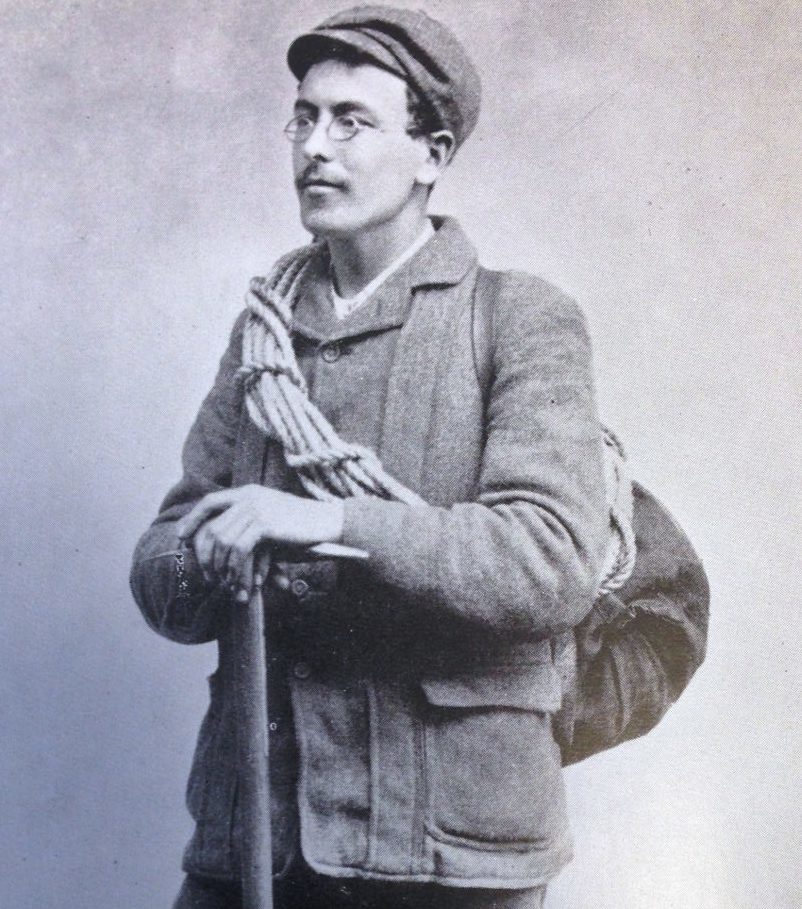Below we see a timeline, with all the events listed that have had an impact on the landscape in Cwm Idwal and the surrounding area.
450 MILLION years ago
Sediments amassing on the sea bed, forming stratae, compressing to form rocks
40 MILLION years ago
Tectonic collision – folding the syncline rocks etc
125,000 – 25,000 Ice Age
Glacial landforms
9,000 – 6,000 years ago Late Mesolithic
Archaelogical pieces
COPPER AGE – BRONZE AGE – IRON AGE
Change in agricultural patterns, use of land, ‘Celtic’ language / culture
PRINCES OF GWYNEDD
Llywelyn, Dafydd.
LAND INCLOSURE / ENCLOSURE
Land Inclosure / Enclosure Act
SECOND WORLD WAR
Demand for food – defences in the landscape
1947
Agriculture Act
1951
Transferal of land from the Penrhyn Estate to the National Trust
1954
Cwm Idwal designated as a National Nature Reserve
1970’au
Grazing prevention plots fenced in the Cwm
1994-1998
Sheep are prevented altogether
2000
Countryside and Rights of Way Act
2003-2008
Common Agricultural Policy reform and Single Farm Payments
2019/2020
Exit from the European Union
Thomas Pennant’s volume – ‘A Tour in Wales’ 1781, and a book by Hugh Derfel Hughes – Hynafiaethau Llandygai a Llanllechid 1866 (Llandygai and Llanllechid Antiquities 1866) are publications that provide descriptions of many local attributes. The authors of these publications have researched thoroughly into the meanings of place names, local traditions local history and plants as well as mapping some of the routes that are to be found on the surrounding mountains.
One of the most famous characters in the climbing community, locally and nationally, at the end of the 19th Century was Owen Glynne Jones.
O.G. Jones was a renowned climber, and as well as having devised the contemporary method of grading climbs, he is also recognised as one of the first climbers to climb the most popular climbs on Craig Idwal and Tryfan using ‘modern’ rope techniques.
Further Reading – Mountaineering History
 There is more to learn about mountaineering in the volumes by Ioan Bowen Rees.
There is more to learn about mountaineering in the volumes by Ioan Bowen Rees.


